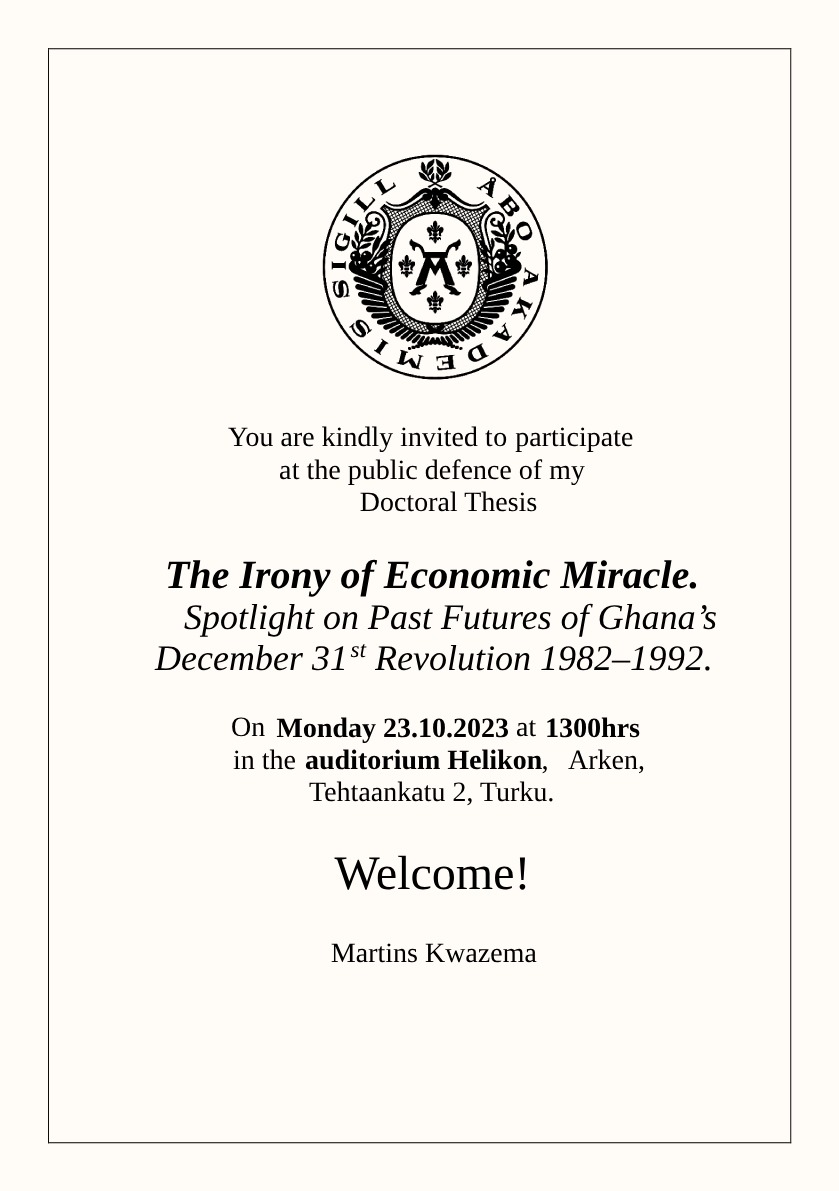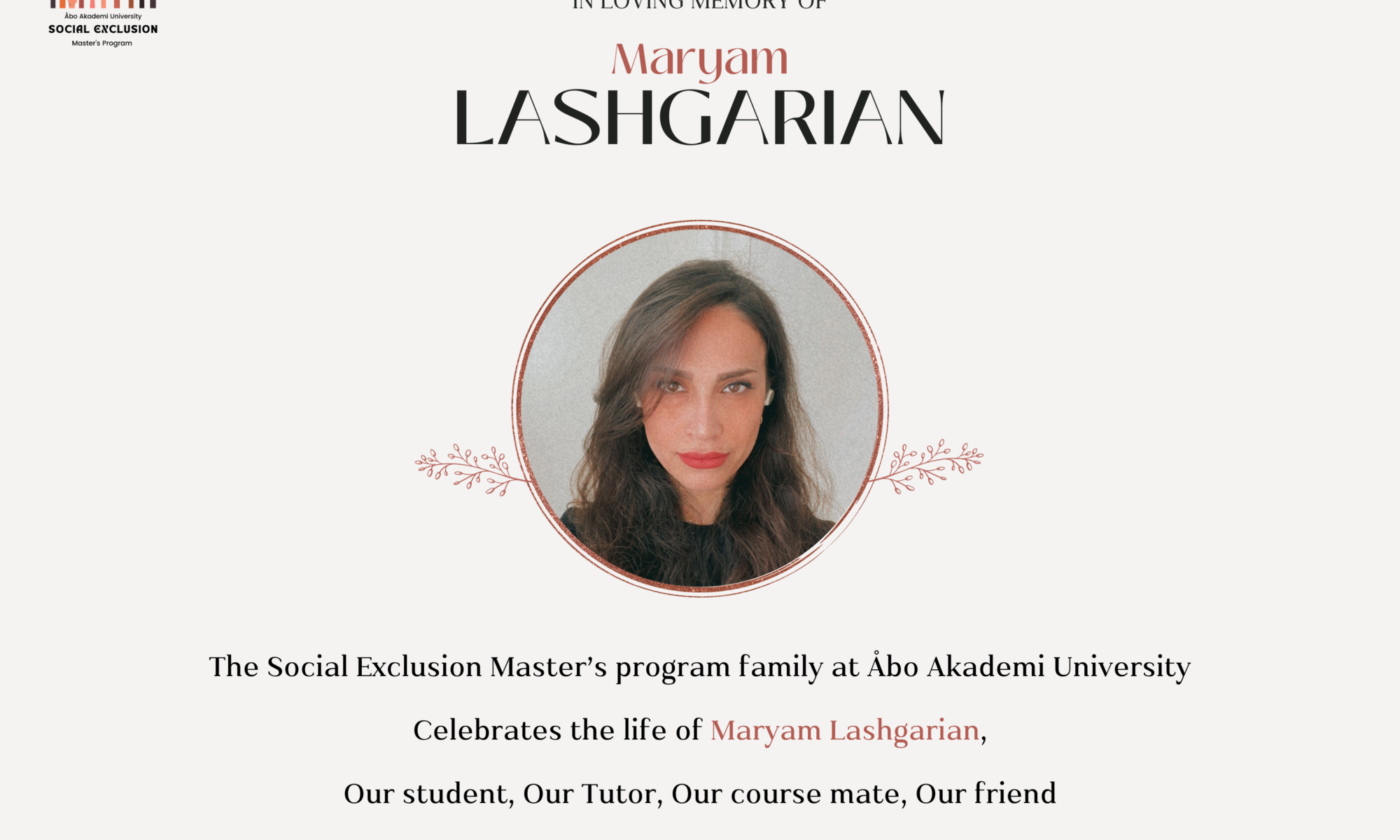WRITTEN BY ANNA POIKKIJOKI, MASTER’S STUDENT, ÅBO AKADEMI UNIVERSITY

Finding housing is one of the numerous things that you need to take care of before starting your studies in Turku. It is extremely important as having a roof over your head ensures that you have a place to rest after your days at the university.
Turku is a relatively small city with its slightly over 200,000 inhabitants. At the same time Turku is home to approximately 44,000 students. New students in Turku are primarily instructed to apply for student housing, which of course is the first option for many international students as well. The main housing provider specialised in student housing is Turku Student Village Foundation (TYS). Their housing application and instructions can be found through this link https://hakemus.etampuuri.fi/tys/. However, TYS has the capacity to accommodate approximately 7,000 students. Applying as early as possible to get in the queue is advised. There is unfortunately no guarantee that you will receive a housing offer from them, which is why alternative options listed below are useful to keep in mind.
Other student housing options are:
- The Student Union of Åbo Akademi University with approximately 40 studio apartments at Tavasthem located in the city centre of Turku, close to Åbo Akademi University. These apartments can be applied for on the webpage of the student union at https://studentkaren.fi/en/students/residences/tavasthem-student-housing/
- The Brigittine Convent offers student accommodation for female students from beginning of September until end of May. For more information you can contact the convent via e-mail turku@kolumbus.fi
- Opiskelijoiden vuokravälitys https://www.ovv.com/en/for-rent/
In addition to student housing, there are also other housing providers with reasonable rents. However, it is worth noting that reasonable rents generally start from 500€/month without water, electricity or other fees included. Also, the other housing providers usually only provide unfurnished housing options. These housing providers include:
- TVT (rental apartments owned by the city of Turku) https://www.tvt.fi/en/applicants/
- The Lutheran Church in the Turku region https://www.lyyti.fi/reg/asunnonhakulomake
- KAS-Asunnot https://hakemus.etampuuri.fi/kaskodit/
- YH-kodit https://www.yhkodit.fi/en/vuokra-asunto-turku
- TA-Yhtymä https://ta.fi/en/application-for-an-apartment/rental-apartment-application/
- Turun vuokra-asunnot https://www.turunvuokra-asunnot.fi/vuokrattavat-kohteet.html
- Juli Living https://juliliving.com/juli-rental-apartments
- Joo Kodit https://www.joo-kodit.fi/en
- Colliers https://www.colliersasunnot.com/en/housing-application/
- Rentola https://rentola.fi/en/for-rent/apartment/turku
There are also several real estate agencies that help private landlords find tenants to their rental apartments. Such agencies are:
- Asuntohelppi https://www.asuntohelppi.fi/
- Avori https://www.avori.fi/kohteet
- TSVV https://www.tsvv.fi/vuokra-asunnot
- Vuokraturva https://www.vuokraturva.fi/en/for-tenants/the-best-way-to-find-your-way-home
Additionally, rental apartments offered by private housing companies, communities and private landlords are listed at online marketplaces such as:
- Vuokraovi https://www.vuokraovi.com/
- Oikotie https://asunnot.oikotie.fi/
- Koti24 http://www.koti24.fi/
- Qasa https://qasa.fi/fi
In case you need short-term accommodation in Turku while you wait to find a long-term solution here are some options for you:
- Bed and Breakfast Tuure https://www.tuure.fi/kalustetut-asunnot/
- Laiva Hostel Bore https://cloud.hotellinx.com/NetReservationsBore
- Tapulitalo Guesthouse https://tapulitalo.fi/
- Brigittine Convent Guesthouse https://birgittalaissisaret.fi/en/guesthouse.html
- Hostel Linnasmäki https://linnasmaki.fi/en/accommodation
In case you need further assistance finding accommodation, you can contact the housing counsellors of Ote Säätiö who can help with different housing related matters. The housing counsellors can be reached via e-mail asumisneuvonta@otesaato.fi or phone +358 50 391 2335.
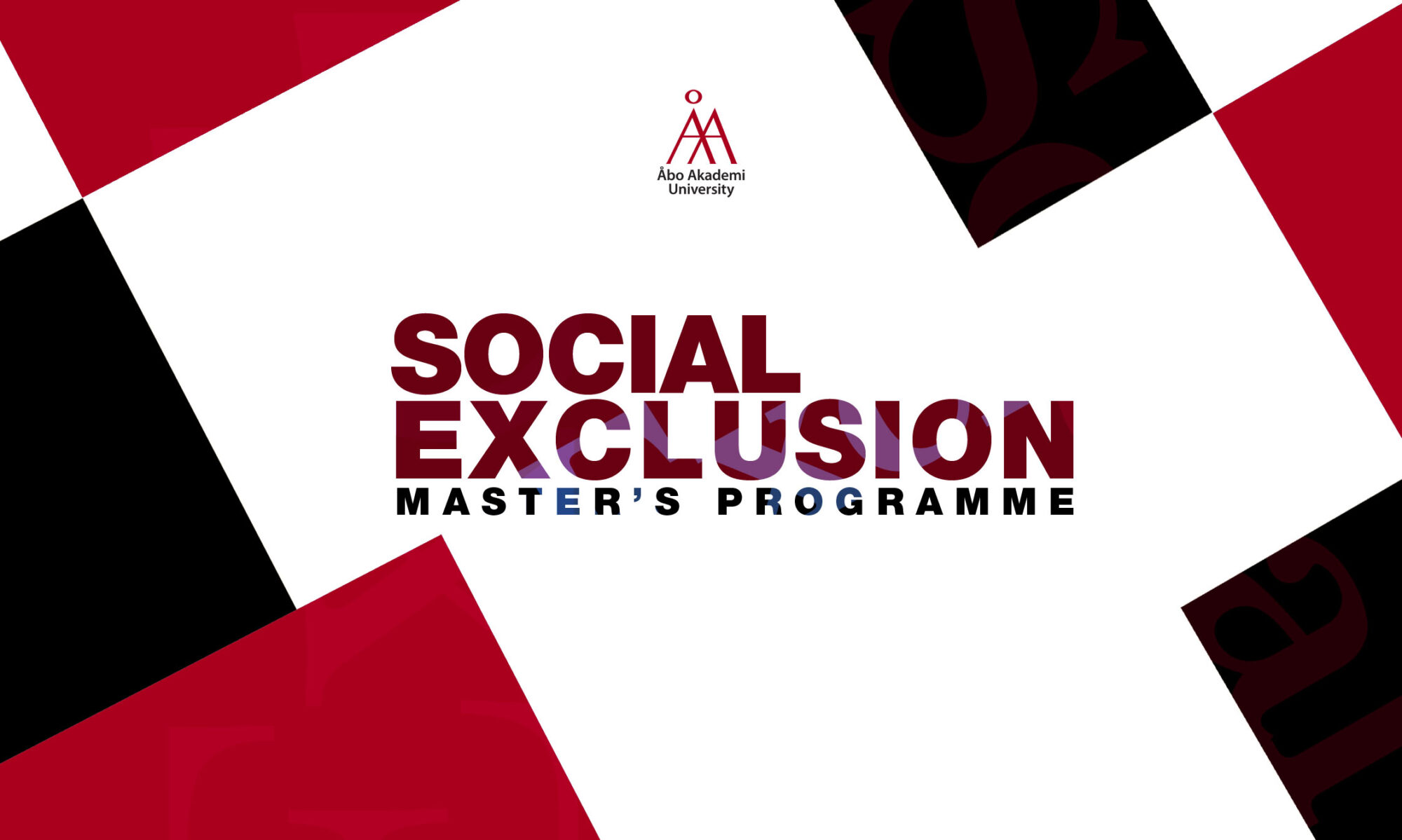
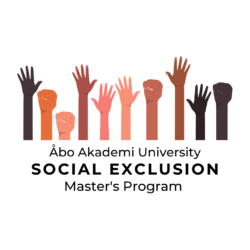
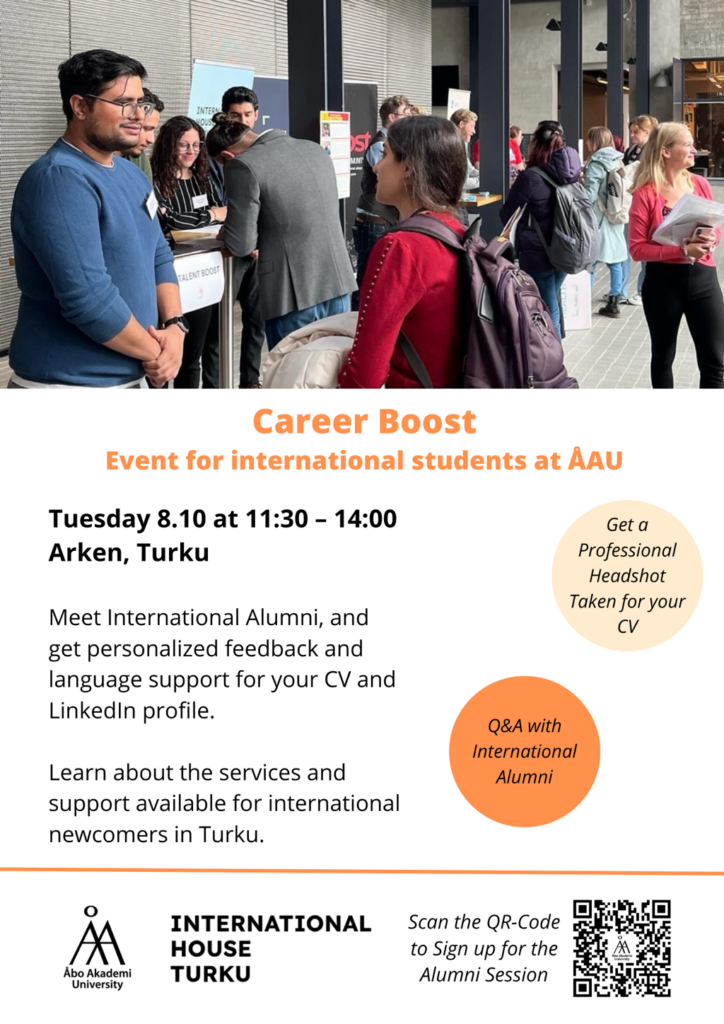
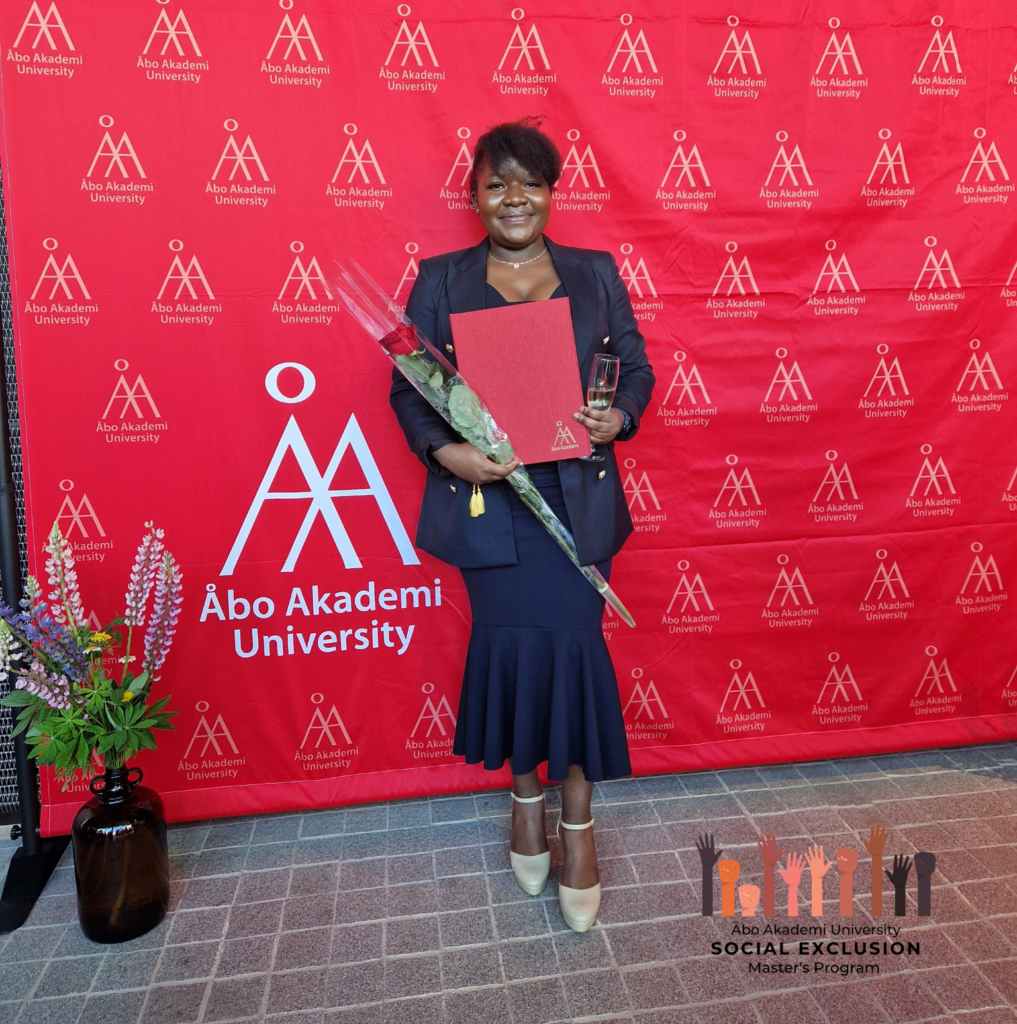

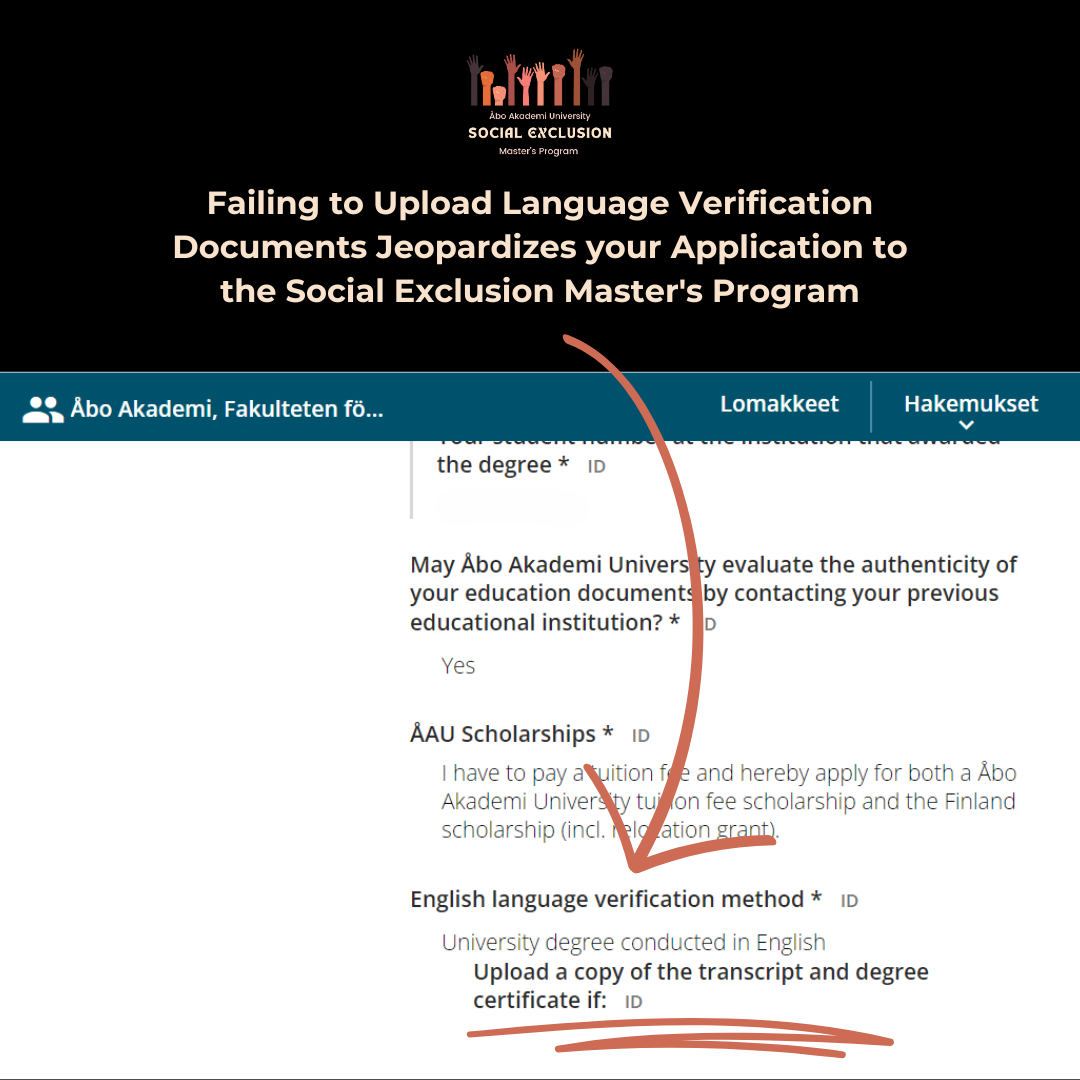
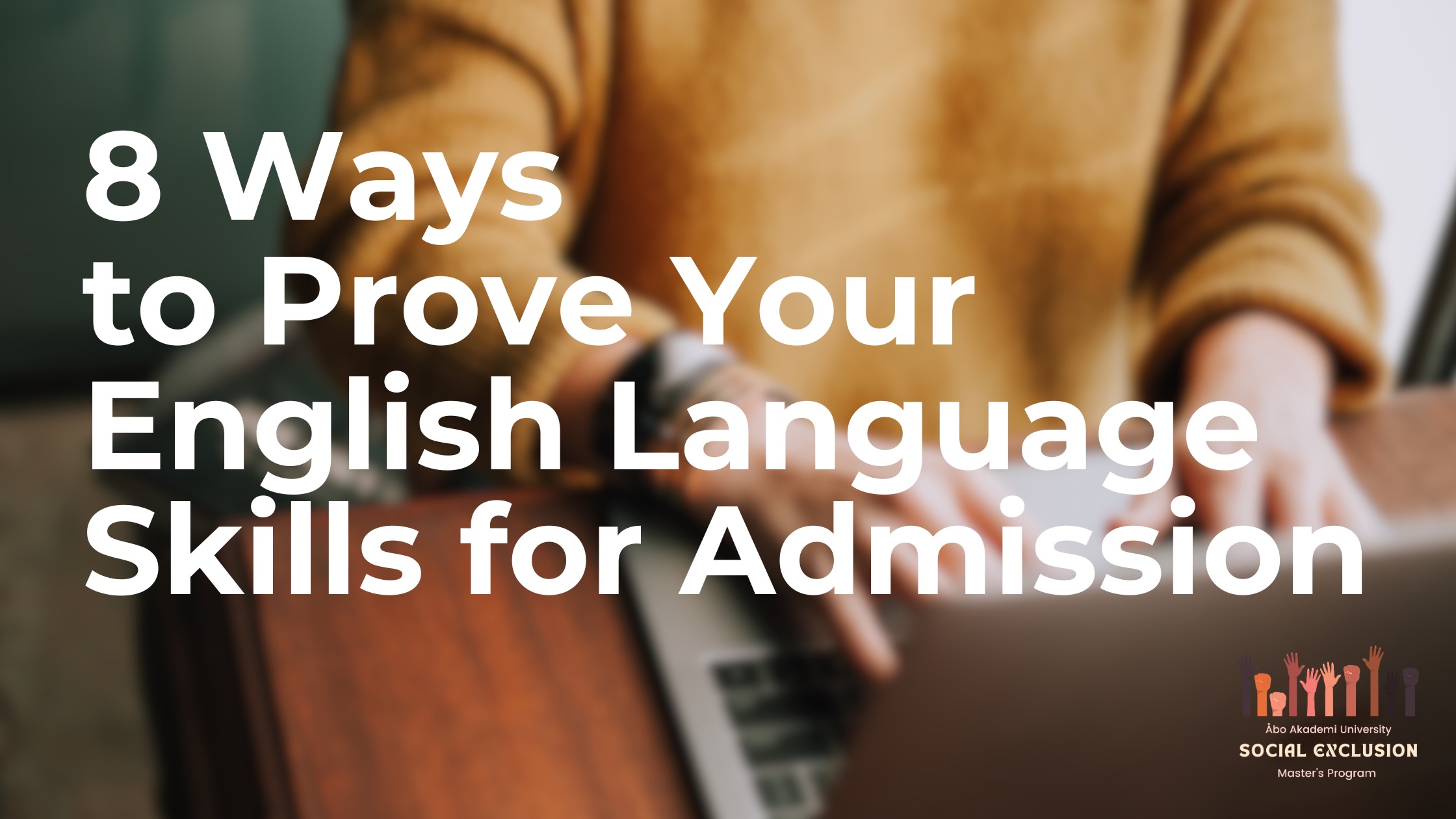

 In our correspondence with Peter Nynäs, the first head of the program, we delved into the early days when the idea of the Master’s Degree Programme in Social Exclusion was taking shape. The decision to start the program was initiated by the Åbo Akademi University board in August 2017, marking a significant milestone as the first international program in the Faculty of Arts, Psychology, and Theology.
In our correspondence with Peter Nynäs, the first head of the program, we delved into the early days when the idea of the Master’s Degree Programme in Social Exclusion was taking shape. The decision to start the program was initiated by the Åbo Akademi University board in August 2017, marking a significant milestone as the first international program in the Faculty of Arts, Psychology, and Theology. In our correspondence with Aminkeng Alemanji, the current head of the Social Exclusion Master’s Program, we gained insights into the major milestones and achievements of the program. He highlighted the journey from an idea conceived by Peter Nynäs to the program’s realization.
In our correspondence with Aminkeng Alemanji, the current head of the Social Exclusion Master’s Program, we gained insights into the major milestones and achievements of the program. He highlighted the journey from an idea conceived by Peter Nynäs to the program’s realization.